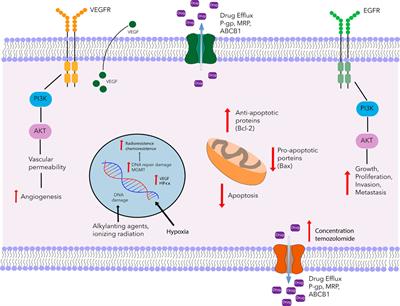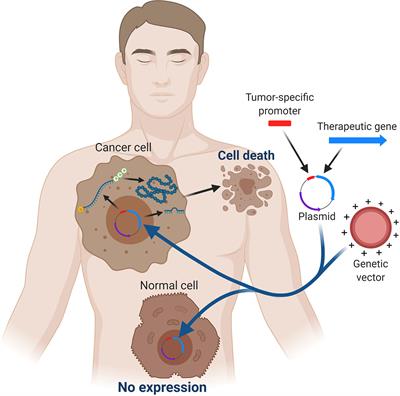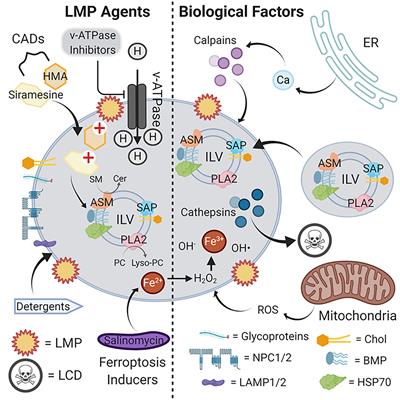EDITORIAL
Published on 23 Jun 2021
Editorial: Repurposed Drugs Targeting Cancer Signaling Pathways: Clinical Insights to Improve Oncologic Therapies

doi 10.3389/fonc.2021.713040
- 2,525 views
- 6 citations
23k
Total downloads
115k
Total views and downloads
EDITORIAL
Published on 23 Jun 2021

REVIEW
Published on 11 Mar 2021

MINI REVIEW
Published on 18 Feb 2021

MINI REVIEW
Published on 03 Feb 2021

REVIEW
Published on 14 Jan 2021

MINI REVIEW
Published on 08 Jan 2021

REVIEW
Published on 14 Dec 2020

MINI REVIEW
Published on 10 Dec 2020

ORIGINAL RESEARCH
Published on 08 Dec 2020

MINI REVIEW
Published on 30 Nov 2020

REVIEW
Published on 18 Nov 2020
